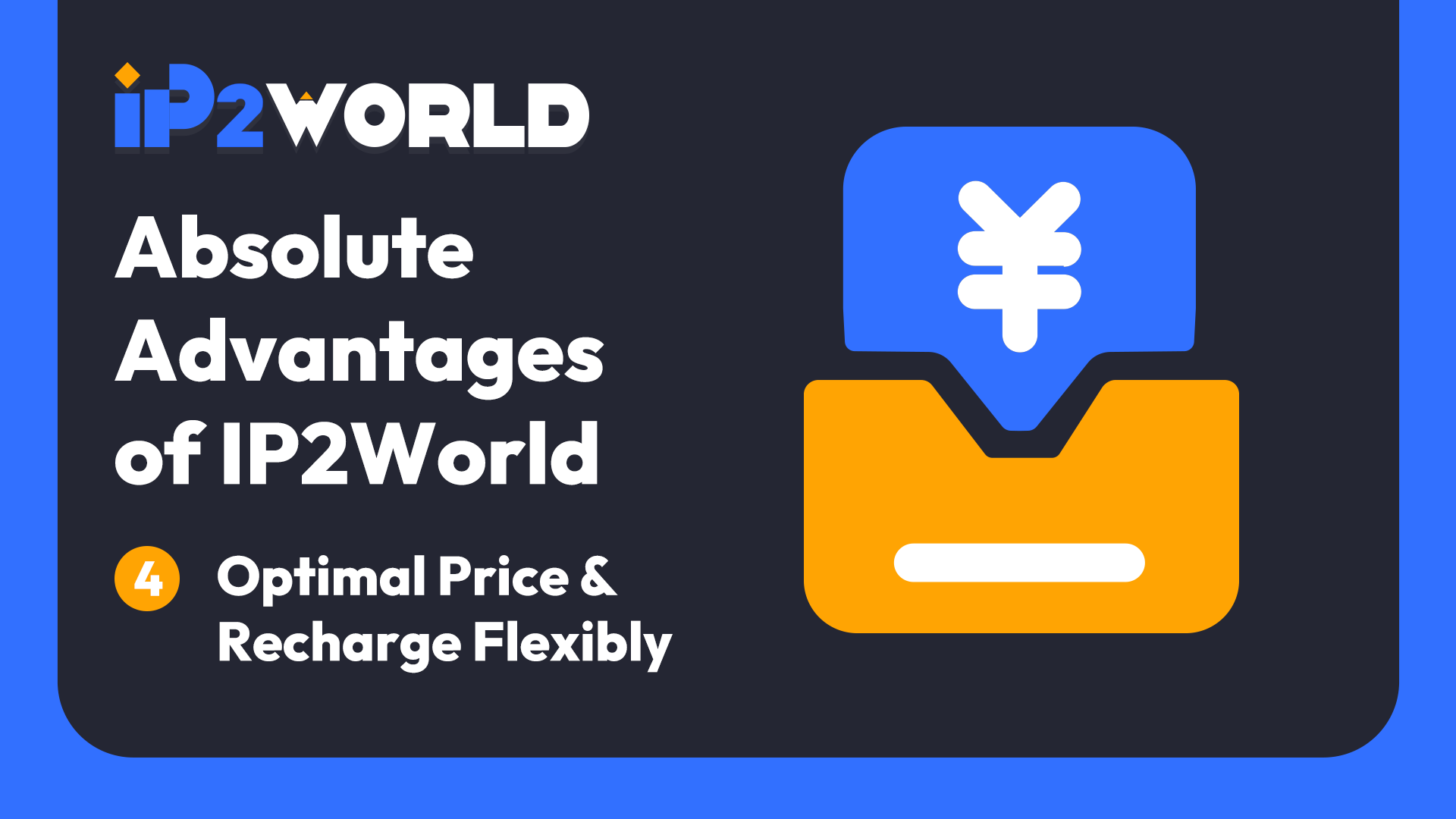Download for your Windows
Residential proxy IPs have become essential tools for businesses engaged in web scraping, data analysis, and online marketing. However, choosing the right residential proxy IP that aligns with your business requirements can be a challenging task. In this article, we delve into the methods for confirming and testing residential proxy IPs to ascertain their suitability for your business endeavors, and explore which type of residential proxy IP might offer superior advantages.

Understanding the Role of Residential Proxy IPs:Residential proxy IPs are IP addresses assigned to homeowners by Internet Service Providers (ISPs). They serve as intermediaries between your device and the internet, masking your actual IP address and providing a residential identity to your online activities. This anonymity is crucial for tasks requiring undetected data extraction or region-specific access.
Key Considerations in Selection:
Geographic Location: Depending on your business objectives, the geographical location of the residential proxy IPs may be paramount. Ensure the provider offers IPs from regions relevant to your operations.
IP Rotation: Opt for providers offering frequent IP rotation to evade detection and avoid IP blocking by target websites.
Connection Speed: Test the connection speed of the residential proxy IPs to ensure it meets your performance expectations, especially for time-sensitive tasks.
Reliability and Uptime: Choose a provider known for reliability and minimal downtime to maintain uninterrupted operations.
Customer Support: Responsive customer support is essential for troubleshooting and resolving any issues promptly.
Trial Periods: Take advantage of trial periods or money-back guarantees offered by providers to assess the performance of their residential proxy IPs.
Performance Testing: Conduct comprehensive performance tests, including response times, success rates, and error monitoring, to gauge the reliability of the proxy IPs.
Compatibility Check: Ensure the residential proxy IPs are compatible with the tools and applications integral to your business operations.
Scalability Evaluation: Consider the scalability of the residential proxy solution to accommodate your future growth without compromising performance or incurring additional costs.
Dedicated Residential Proxies: These proxies offer exclusive access to a single IP address, providing enhanced stability, security, and control over usage.
Shared Residential Proxies: Shared proxies are used by multiple users simultaneously, offering cost-effectiveness but potentially compromising reliability and security due to higher usage and traffic.